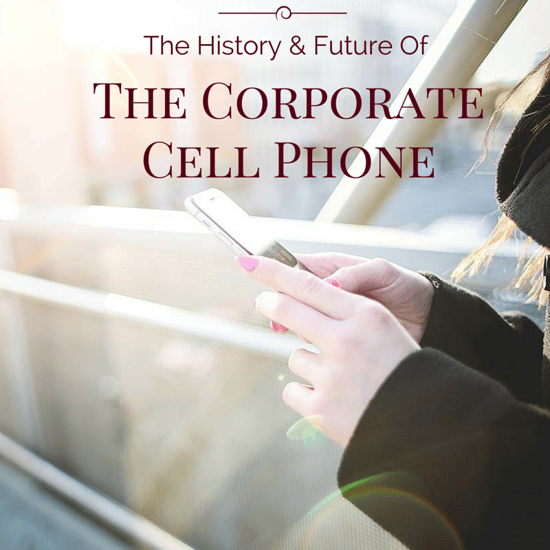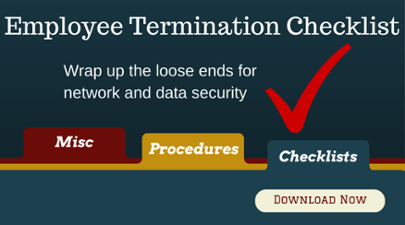
The game changed in 1999- with the introduction of the first BlackBerry. The ability to check email on the road, and later make phone calls from the same device forever changed how workers in the United States viewed their work day. Even though mobile telephones had been available since 1973, the remote calling device acted like more of a status symbol than a commitment to the job.
The Evolution Of The Smartphone And Workplace
There was a short time where mobile devices were seen in a negative way by upper management. Then in 2007 the first iPhone was introduced. So for personal use, the ability to be connected with phone, text, social media, and email anywhere with a signal became a new status symbol. Then the crossover happened- the flexibility of where you can do business, and the other advantages of having access to the technology overcame personal distaste of work email in workplace culture- for the most part.Fast forward to 2015: We are plugged in 24/7. However, with cool devices comes great responsibility. There is now an expectation of always being available- which to some translates as meaning always being “on the clock”. This is polarizing- some see it as a necessary inconvenience while others still hold their distaste of the fluidity of the workday.
According to this study , 52% of people who send a work-related email expect a reply within 12 and 24 hours. You may be familiar with the co-worker that has come to expect some type of response before the next business day- or even before you return from vacation.
While seen as unreasonable, the truth is that about 25% of employees will respond to a work-related email within 30 minutes during the business day. Furthermore, 50% of people ARE checking work messages at least once a day on the weekend. Include with this data, that many are checking email before or after work during the week... There are also those dedicated folks who are logging in when out sick to keep on top of the inbox onslaught.
We didn’t get this way overnight
Because of our plugged-in culture, especially with the arrival of the Millennials in the workforce, workers are expecting instantaneous communication and problem resolution. When measuring stress levels of individuals in this study the students and professionals that were allowed to check email as often as they wanted to- were actually less stressed. The other group was restricted in their how frequently they could check their messages.
What is the major difference between those early users who fought carrying their BlackBerrys with people now? The widespread adoption of smart phones of course! Many of the above users that are checking their messages frequently (on their own time) are also doing so on their own devices. The “corporate cell phone” had started to go away in 2012. Many users were relieved to be able to use their own device so that they did not need to remember to bring an additional item with them. (ie: company phone, pager, etc) Some companies decided to phase out corporate accounts for a discount program instead. So employees owned their devices, but benefitted in reduced cost to use the technology.
Win-Win?
This seems like a great deal for the bosses, right? Well... about 30% of employees use work-assigned email accounts for personal email as well. So not all efforts in work email-checking are purely altruistic. But what about company policy? Do these users care that their emails can be monitored? Really… No. Many users in this survey did not seem bothered that their personal messages can be monitored by the company.
Here is where individual users should be concerned- in the cases of separation from the company or with maintenance to the linked account or device. For example, many users have been burned with data loss when they were terminated, if their device required updates, or if a device was reported lost or stolen. Loss of contacts, pictures, messages, and applications are a few of the data casualties that can be experienced by employee-users.
Can everybody be happy?
Here are some tips for both companies and workers to be sure that all of the cards are on the table.
Companies
- Develop and enforce your BYOD policy, for help- check out this video
- Include expectations related to communication in a job description to avoid unpleasant surprises for both parties
- Decide, based on the requirements of the job- if there is any allowance for connectivity. Whether for a remote workstation or mobile device.
Users
- Be sure to speak with your boss about the requirements for your job- are you expected to respond to emails over a holiday? How quickly? Which communications should take priority?
- If you are planning on deducting the cost of your mobile device from your income taxes, you will need to be able to prove that you use your phone or device only for your business or place of employment.
- Before signing the BYOD policy, understand it- ask questions!
So it looks like the connectivity culture will not be reverting back to checking messages only during office hours any time soon. The expectations placed on ourselves and to eachother will make sure of that.
If you liked this article, be sure to subscribe to our blog- with the frequency of notifications that seem reasonable to you, that is.

